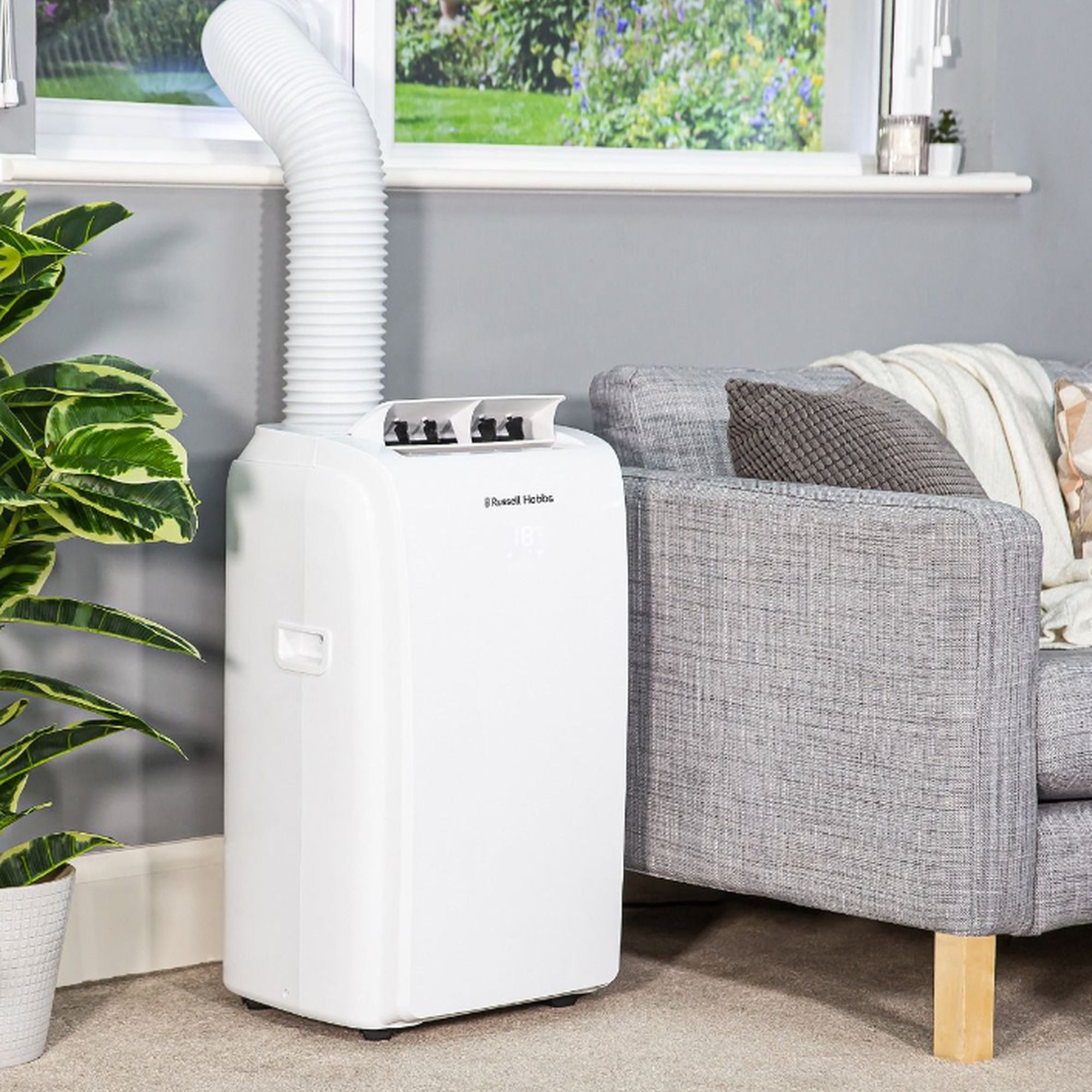
British summers are no longer the drizzly, damp, and lukewarm things they once were (not consistently anyway). Instead, portable air conditioners are now something many of us are considering investing in thanks to the heatwaves we've come to expect. But before you buy, you probably want to know how much does it cost to run a portable air conditioner?
The best portable air conditioners are an investment, but a wise one. We all know how difficult it is to maintain productivity and energy levels when it's hot, and unfortunately most UK homes just aren't built for the heat. But if your tossing up between the best fan and an AC, finding the answer to how much it costs to run a portable air conditioner will prepare you for how much these devices will cost you in the long run.
'Portable air conditioners pull in air from a room and move it across a cold surface, which cools and removes any excess moisture from the air,' says Chris Michael, Managing Director, Meaco. 'Heat that is removed from the air is blown out of the room – along with the excess moisture – via a duct (normally out of a room window) and the cool, dry air is blown into the room.'
So now you know how they work, but how much does a portable air conditioner cost to run exactly? Knowing the answer to this question will help you decide if you'd rather buy a portable air conditioner or a fan.
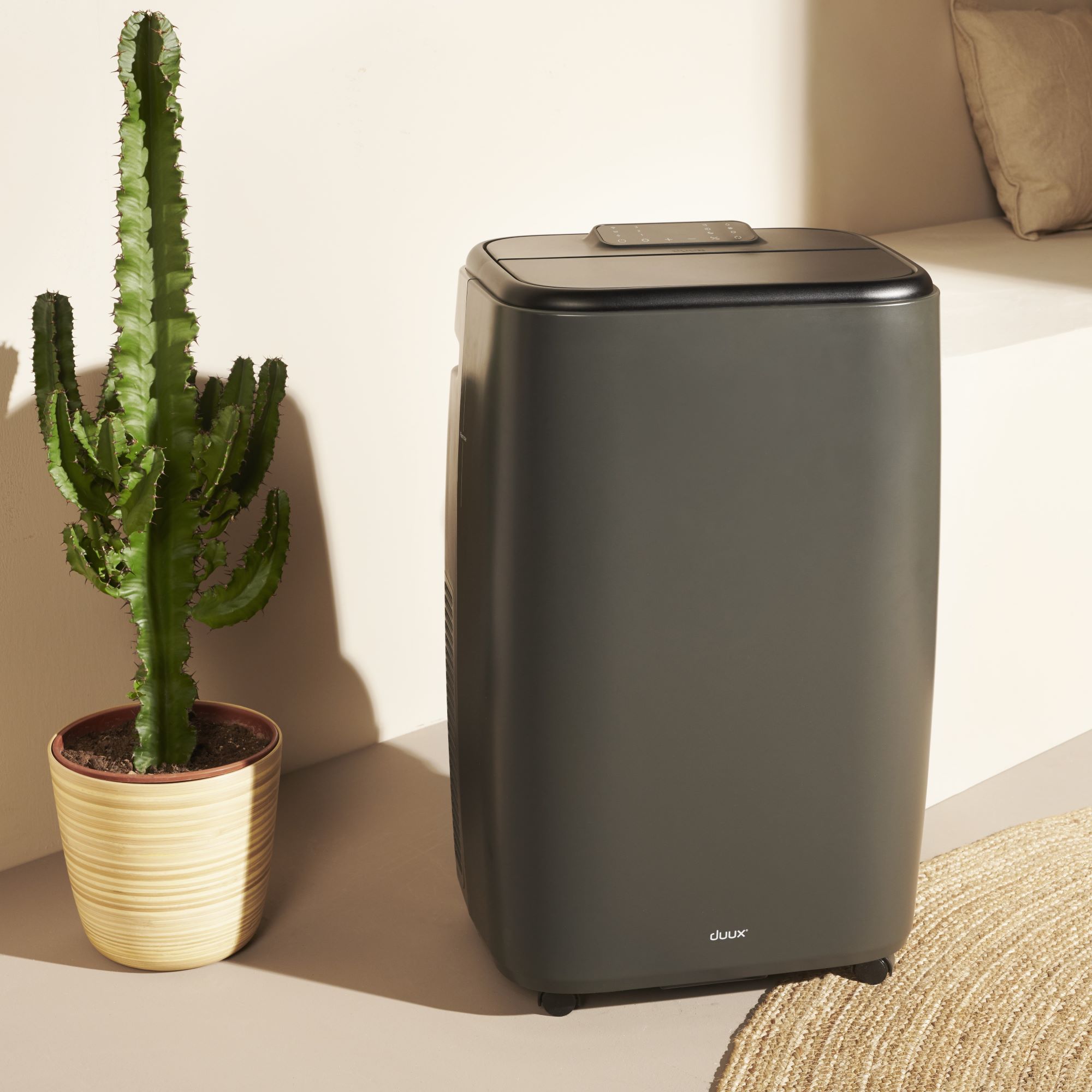
How much does it cost to run a portable air conditioner?
From 1st April, the energy price cap will be lowering, meaning you'll be able to save some money on your home energy. But just like knowing how much does it cost to run a fan, it's good to know how much a portable air conditioner will cost to run going forward.
We've asked the experts and done the calculations; here's everything you need to know about how much does it cost to run a portable air conditioner.
How much electricity do portable air conditioners use?
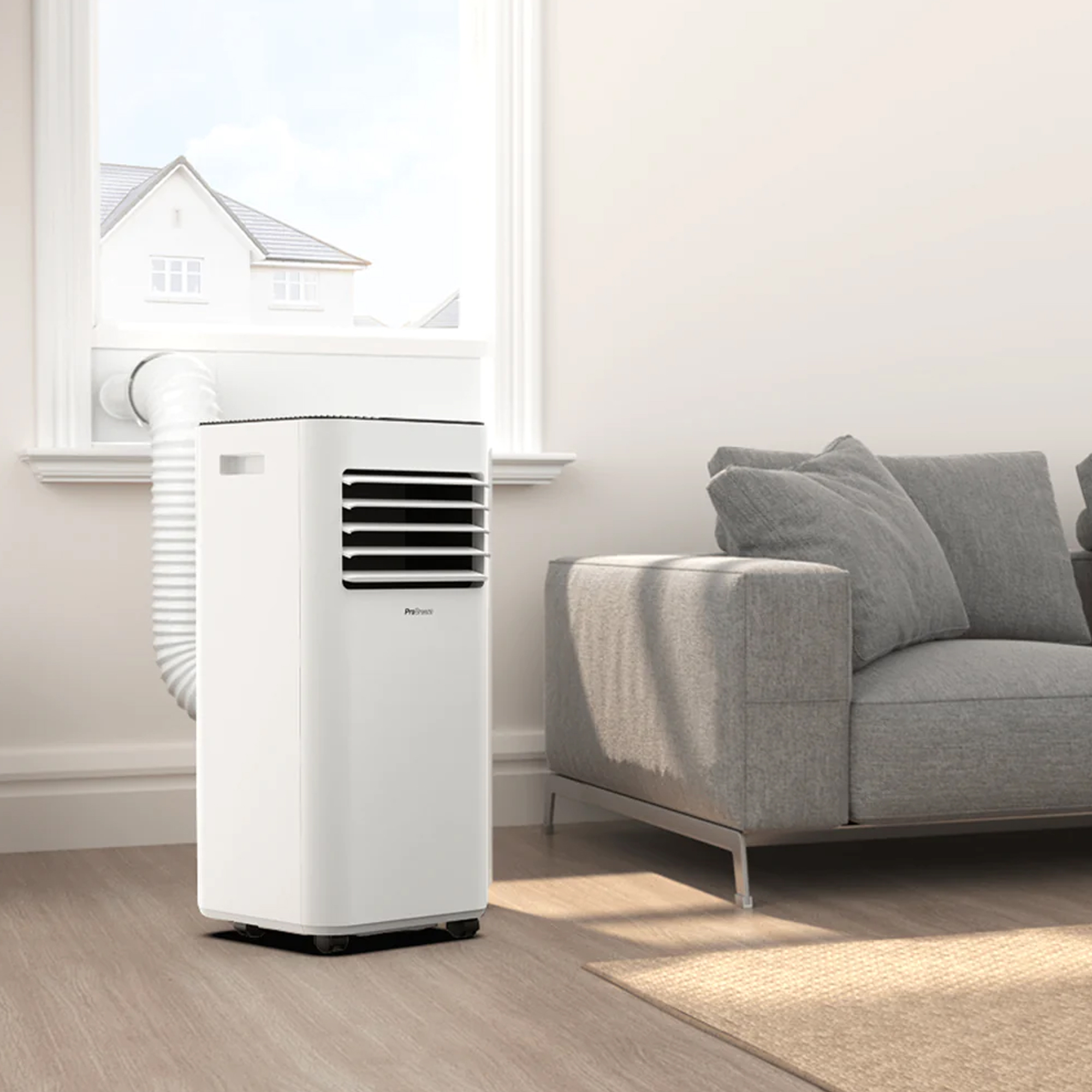
How much electricity a portable air con unit uses varies, but it's typically within the region of 1000 to 1300 watts (W). In kilowatts, this is 1 to 1.3 kWh - which is the unit needed to work out how much it costs to run a portable air conditioner.
Unlike most other electrical appliances, like the best kettles, portable air conditioners are measured with British Thermal Units (BTU), which is a measure of air con's cooling power. The higher the BTU, the more cooling the air con will be.
'1kW is the equivalent to 3412BTU, so a 3kW portable air conditioner would be called a 10,000BTU model (10,236BTU),' explains Chris.
For example, the Russell Hobbs Portable Air Conditioner, £499.99 at Amazon, has a cooling power of 11,000BTU, and a wattage of 12,000.
How much does it cost to run a portable air conditioner?
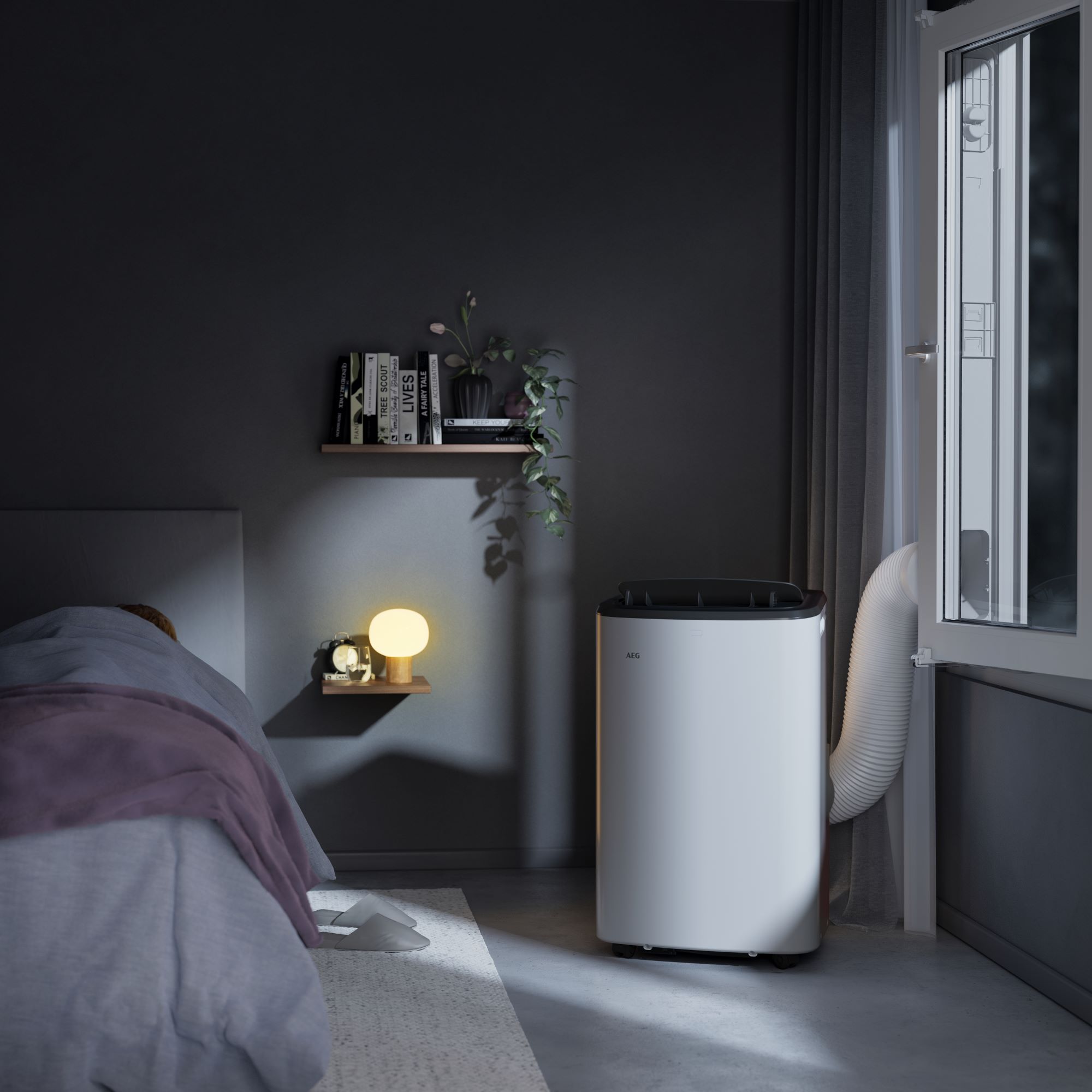
Once you know the average range of electricity generated by portable air conditioners, it's fairly easy to work out the answer to how much does it cost to run a portable air conditioner - it's just like working out how much does it cost to run a tumble dryer.
Following the welcome drop in the energy price cap from 1st April 2024, electricity will cost 25p per kWh. This is the maximum your provider can charge for electricity (as all the providers currently charge the maximum, you can assume this is what you'll be paying). We've worked out how much it costs to run a portable air conditioner based on this price.
A portable air conditioner which uses 1000W of electricity, such as the Duux North 9K Smart Air Conditioner at Argos, uses 1kWh of electricity. For one hour of use, this would cost you 25p; for two hours, you'd pay 50p, and so on.
Remember, the higher the wattage - or the BTU - of a portable air conditioner, the more you'll pay. One of Amazon's bestselling options is the Black+Decker BXAC40008GB Portable 3-in-1 Air Conditioner at Amazon, which uses 12,000BTU, or 3.5 kWh. This air conditioner would cost 87.5p to run for one hour.
Which are cheaper to run: fans or portable air conditioners?
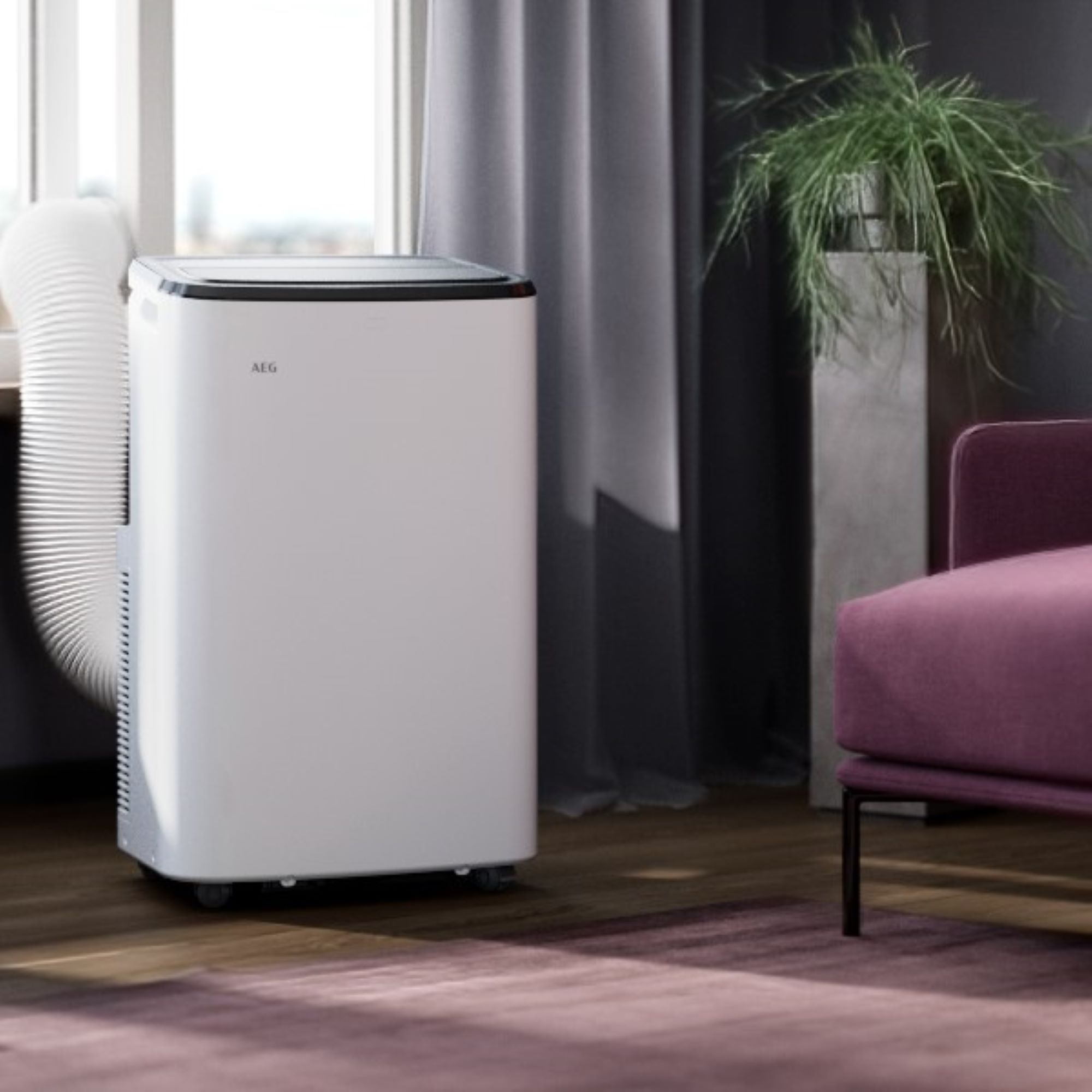
In general, fans are cheaper to run than portable air conditioners, so they're a better route to go down if your focused on saving energy. 'An energy efficient “A” rated fan can cost less than 1p an hour to run, whereas a 7,000 BTU air conditioner will cost around £0.28 per hour when in operation', says Chris.
But, fans aren't as effective at keeping a bedroom cool, or any room for that matter. That's because fans circulate the air in a room, which produces a pleasant cooling sensation.
'Whereas portable air conditioners expel hot air outside', Chris explains. 'This increases the number of air exchanges within a space and stops the air within the room from becoming stale.'
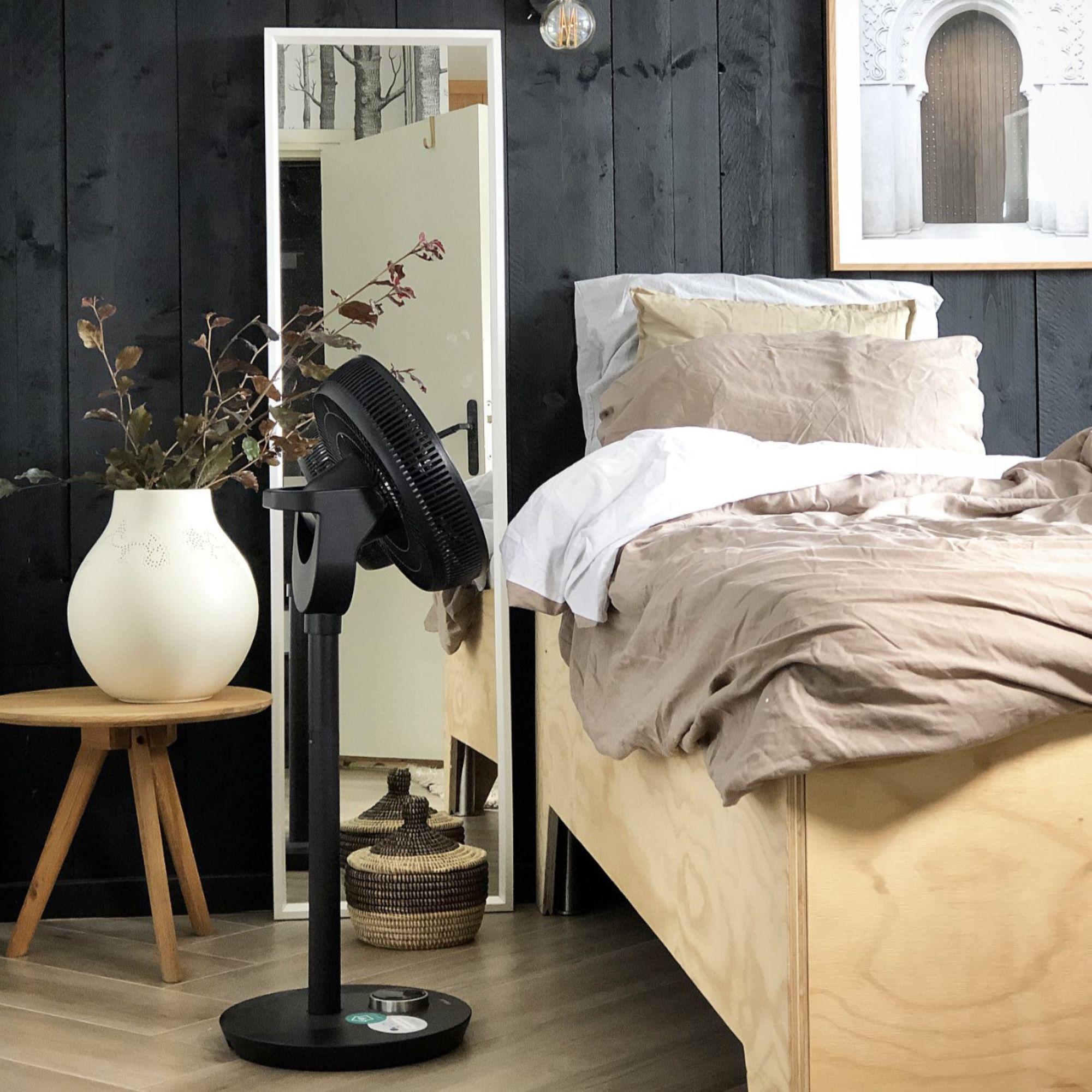
The power of portable air conditioners is why they're more expensive to buy and run than fans. If you are investing in a portable air con unit - something you'll definitely be glad you did when the next heatwave comes around - there is a way you can help keep running costs down.
'When it comes to using portable air conditioners, our advice would be to try and avoid using rapid cooling intermittently to quickly combat high temperatures,' says Colin Swift, Product Manager Consumables & Accessories, AEG. 'This requires more energy as the appliance will be working harder to reach your determined temperature.'
You'll probably also find that portable air conditioners can quickly make a room feel much cooler, so you won't need to keep it switched on for as long as a fan.
Now you know the answer to how much it costs to run a portable air conditioner, will you be investing in one?

FAQs
Do portable air conditioners use a lot of electricity?
Generally speaking, portable air conditioners do use a lot of electricity when running. This is mainly due to their power and size. They typically use around 1 to 1.3kWh (unit of electricity per hour of use).
You may prefer to opt for a fan if your main concern is keeping your energy bills down and saving money at home. That being said, fans aren't as efficient at cooling a room as portable air conditioners, so you'll likely have it switched on for longer.
'Although portable air conditioners are bulkier and noisier than a fan, due to their power and the nature of the machine, the cooling impact on a room is far more noticeable,' says Chris from Meaco. 'This does mean though that they are generally more expensive to buy and run.'
As mentioned earlier, portable air conditioners do range in how much electricity they use. Units that use between 9000 and 10000BTUs use less electricity than those with higher figures, so keep this in mind when shopping.
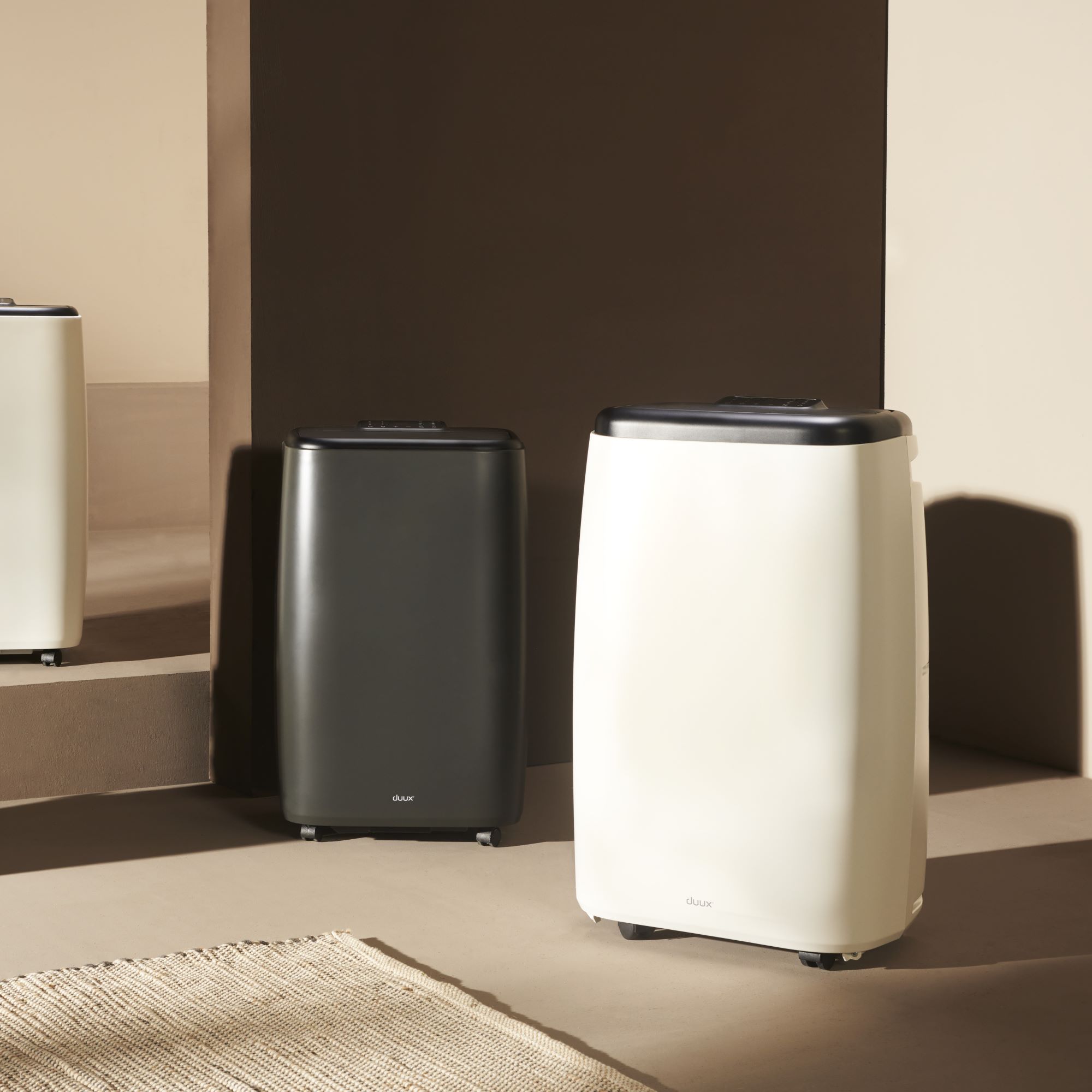
Is it cheaper to leave portable AC on all day?
'In general, with a portable air conditioner, if you set your desired temperature and leave the appliance in ‘Auto mode’ the machine will use less energy and therefore cost less to run due to it not starting from scratch every time,' says Colin from AEG.
With portable air conditioners using a fair bit of power, turning them on and off intermittently throughout the day doesn't make them cheaper to run. It will require more energy to get them back to their most cooling level.
If you're leaving it switched off for a significant amount of time, this will save money though. Just don't be tempted to switch it off for an hour if you're going to turn it straight back on again.
Now you've got all the information to hand, you can avoid getting hot and bothered about not knowing the cost of running the AC when you want to keep cool.







